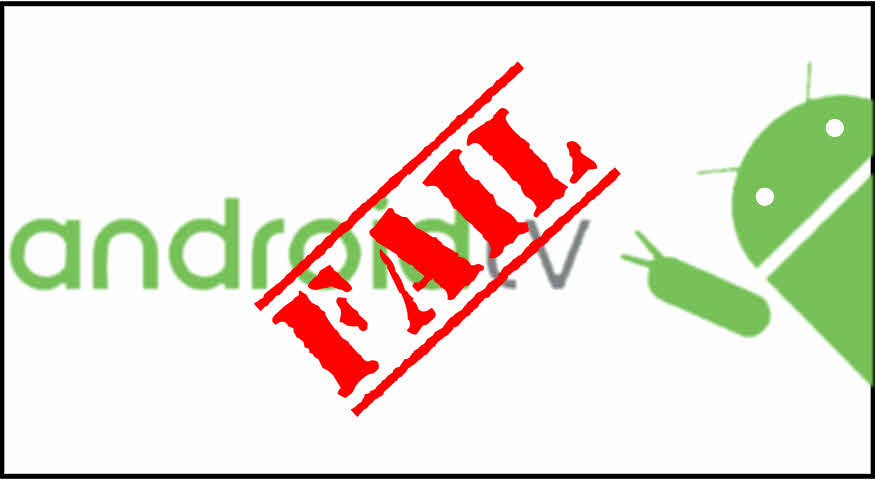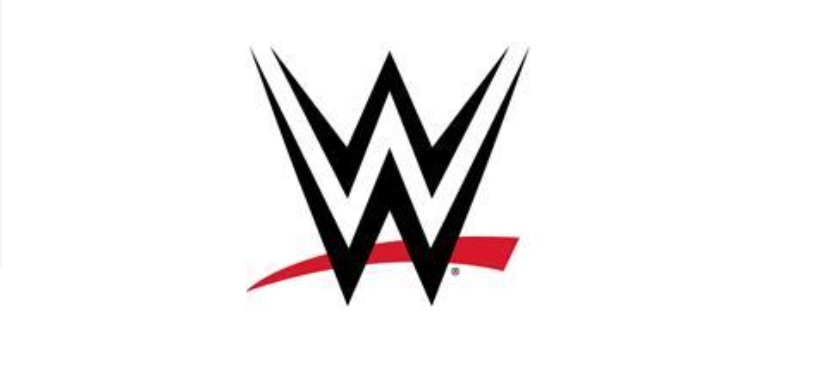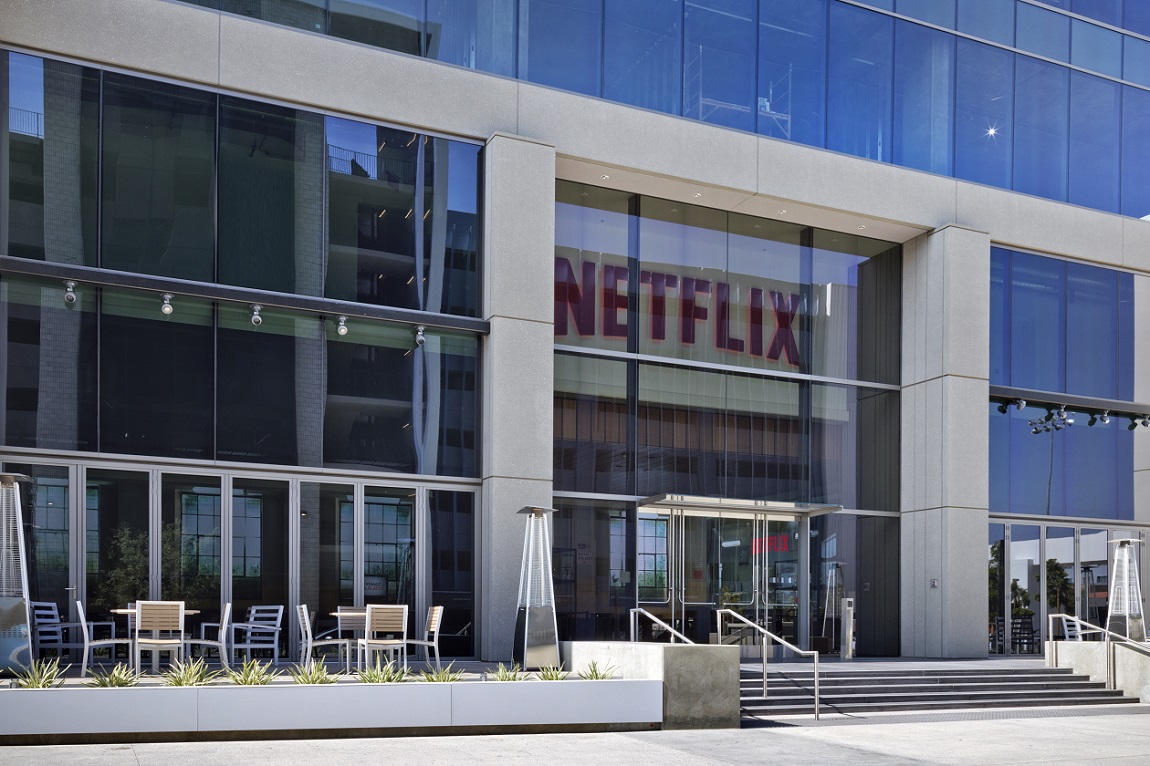Wow. A lot has changed in a decade when it comes to cord-cutting. As we have remarked in the past the options have exploded and given people more choice than they know what to do with. With the changes there have been a lot more people looking into cord-cutting than there were even five years ago. And in some cases people are making big mistakes because they don’t understand what they are getting into before they move. I made the transition so much earlier than the millions who have dropped traditional pay TV services. And in general I did it for somewhat different reasons than many do today.
Over 10 years ago I was living with my father at the age of 30. I was not someone who never moved out. When I attended my graduation I already had a job and my own apartment. A few years later I had a job that provided me with a house, health care and was raising a daughter with my wife. But when we both got hit with unemployment at the same time as the economy faltered we had the opportunity to land in his household.
This was a temporary state. We both did what work we could find in a pinch and moved out after a few months. And when we did we got cable. It was 2009. We wanted ESPN, kids programming and so on. I fantasized about saving up for one of those big flat screened TV’s once we you know had enough socked away after car bills, a medical bills for a young child and eating. But then something hit me like a thunderbolt. I realized that the shows that I wanted to see every week were available via ABC. I kept finding myself watching them on my laptop via Hulu and checking out things from other broadcast networks too. And it was like “poof” I don’t watch cable, I primarily watch broadcast TV. And there was this new service delivering lots of interesting content via the Internet that I had yet to really explore.
Not that I didn’t love Netflix at the time. You could see any movie you wanted on those disks right? So as I was noticing that I didn’t watch much on cable TV Netflix’s app on the Nintendo Wii kept growing in scope. I realized that while I could not watch what was currently on at any given time, I could watch, something. And I realized something else really important. That what is on TV at any given time was not really of great value to me. What was important was that I could watch something on a TV that entertained/distracted me until I could fall asleep. So we got a Wii and took advantage of Netflix, and Mario Bowling.
But the key for me is that I didn’t simply cancel cable because I thought it was too expensive. I cancelled it because I didn’t like what was being offered all that much. I also don’t eat at restaurants that charge lots of money but give you small portions. This does not seem to be the core reason people cancel cable in the cord cutting community. The motivation behind cord-cutting for many people is outrage over a high bill. And I understand you there. The bills are high and will keep rising. In fact I expected to see what has been happening over the past 10 years because during the economic crunch we all realized that there are plenty of things that cost money on a monthly basis. Most of them are necessities like electricity, water, food, gas etc. So one of the easiest places to cut the budget is by changing how you watch TV. Because you won’t freeze in the winter without HGTV. But the financial motivation for cord cutting may be lessened over time. Why? Because right now there is a pretty steep difference between basic Internet and even a cable replacement service like Sling TV or Hulu with Live TV. It can be hundreds a month. But what if it wasn’t? If the price were the same then we would have to look at other factors like consistent signal quality or customer service.
What is it that you don’t like about Pay TV?
It’s time for people to start being honest about themselves and their motivations. If you don’t like cable TV programming and decide to stop buying it like any other product on the marketplace then it is a pretty simple issue. If what you want is exactly what cable delivers down to all of the channels and features then you will be disappointed in the long haul. And there are two reasons for that. Because offering every single channel that a cable provider offers is precisely the reason the costs are so high. And the reason cable substitutes have a lower cost is because their channel selection is smaller. Sling TV gives us a very easy to understand model for that. While Fubo TV, Hulu With Live TV, And AT&T TV Now cost on average of 55-65 dollars a month and offer 60 or so channels at least in their lowest tier. Sling TV offers two small tiers for about $30.00 and they have around 30 channels apiece. Want a package that offers 60 or so it costs $45-$50 just like the rest of them.
The reason streaming is so much cheaper right now because the firms that sell their channels to the streaming services are selling their content at the rates it thinks it can get. But the reason costs have been going up for all of the services is that negotiations happen constantly and providers end up having to pay more to offer the content each time. Those costs are why Sony shut down PlayStation Vue. ESPN will not get cheaper guys. Neither will the local channels that YouTube TV offers. And when Lifetime and A&E and Viacom and others feel like their content is worth far more than these new providers are paying for it, they will force the issue. And it won’t be shareholders that bore the increase in costs.
In the end if you don’t like cable because you think it is too expensive, then you might eventually not like YouTube TV or Hulu With Live TV, or Sling TV because it’s too expensive.
The question you should ask if you want to cut cable is (what is so great about the things on cable that you are willing to pay a substantial amount to see it in the first place?) I saw very little when I dropped. I didn’t sit there and say “I need to hear this talking heads take on the world events to be at peace”. In fact I found myself more peaceful without it. What’s happening in the news? I read. What’s the weather like? I walked outside. What will it be? I Googled it. I still watched lots of football on CBS, NBC and ABC.
When people say I want to cut cable but I really “need” ___________ what do they mean by need? Sometimes I think that we have just been tricked into thinking that multiple choices of things on the screen is the same thing as happiness and accomplishment even though when there were 3 networks people didn’t feel bad about themselves. When everybody was freaking out about the Beatles how many of them said I wish I had 89 other choices to watch right now, or I want to see what kind of shoes a 500 pound man is shopping for right now.
This is not to say that there is anything wrong with all of these premium cable substitute services. But if you are depending on them to always cost far less than cable does then you should understand it will likely not always be the case. And then it will be decision time again. Do you want to pay to watch TV or not? By then I think that there will be so many ways to watch ad-supported TV online that it will be an easier transition than it was 10 years ago.






